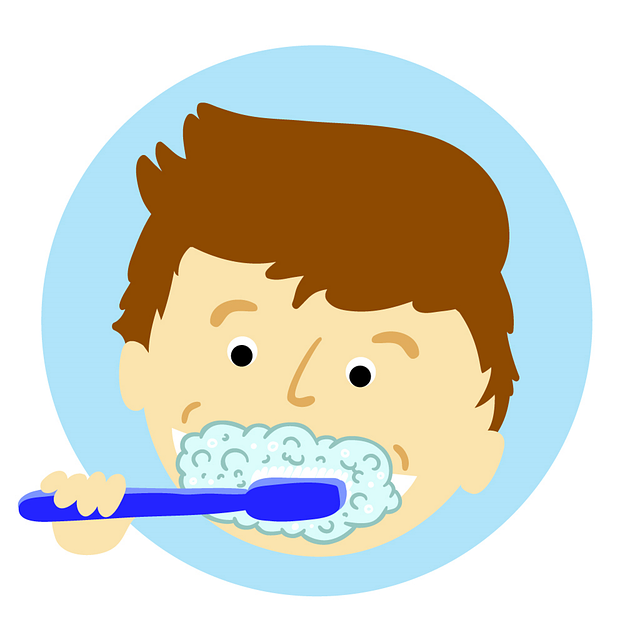Children do as you do but not as you say.
As a parent, you may have noticed that your children will often not listen to what you say. However, you will catch them doing some of the things you do. It is for this reason that you must teach your children proper values through action.
One of the values that you should teach your children is proper oral care.
Proper oral health for children
It is the sole responsibility of parents to make oral health a priority. By doing so, they are instilling good values in their children and allowing them to afford a broad smile later on in life.
Check out these dental practices that you can use to ensure your family enjoys the perks of good oral hygiene.
Let us delve into specifics.
Brush and Floss Daily
One of the first things a family dentist will advise is the need to brush your teeth at least twice a day. Also, you need to floss to make sure you get rid of foods that may be stuck in between the teeth.
Brushing should take at least 2 minutes. It includes brushing the teeth as well as the tongue. To make the experience even more forthcoming, make sure you use a brush with soft bristles and toothpaste with the right fluoride levels.
Visit a dentist regularly
The importance of visiting your dentist regularly cannot be over-emphasized. You should see your family dentist bi-annually. In the case of tooth complications or any underlying issues, it is advisable to visit the dental clinic more often than that.
During these visits, the dentist will look for signs of tooth decay, among other things. That way, the dentist can catch developing dental issues and prevent serious complications.
Eat nutritious foods
Our teeth need calcium for proper growth. They also require vitamins D, C, A, and K as well as phosphorus and potassium. Eating foods rich in these nutrients is essential to ensure the proper health of our teeth.
Do not forget to stay away from sugary foods and carbohydrates. These foods create the perfect environment for cavity-causing germs to thrive, triggering cavities, and other unwanted dental diseases.
How to Identify Dental Problems in Children
The signs and symptoms of dental problems in children are the same that children experience. Normally, it starts with a sharp, dull, or throbbing pain in the teeth. Swollen gums and teeth sensitivity are other signs to watch out for.
The moment you notice such issues, seek immediate treatment from a dentist.
Conclusion
Children’s oral health is of utmost importance. It not only reduces the risk of dental complications but also improves children’s quality of life. Dental hygiene directly impacts confidence levels as well as speech.
For instance, teenagers with missing or decayed teeth might experience self-esteem issues in school. In most cases, such issues might be preventable if parents taught their children and practiced dental hygiene as soon as the first tooth appeared.
Hannah is a professional writer who loves to make research on unique topics and express her thoughts by content writing.

Post new comment
Please Register or Login to post new comment.